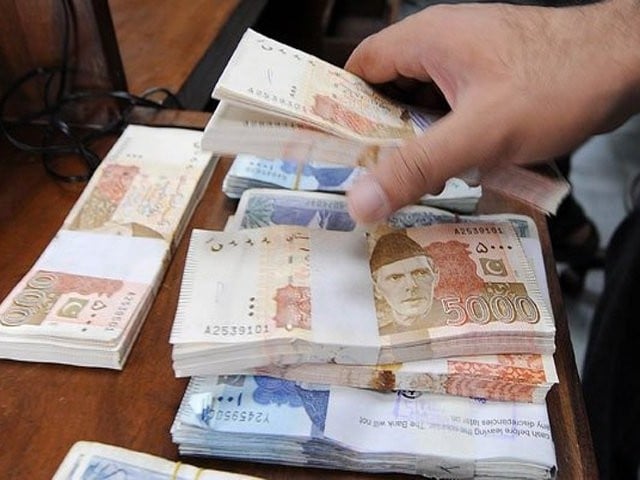The Ministry of Poverty Alleviation and Social Safety has announced the Zakat Nisab for the year 2025, specifying the deduction threshold for bank accounts.
The new regulations state that Zakat will be deducted from accounts with a balance of Rs179,689 or more on the first day of Ramadan, which falls on March 1 or 2, 2025.
The ministry has informed banks that Zakat will be applicable on saving accounts, and similar types of accounts, while current accounts will remain exempt.
Accounts with a balance lower than Rs179,689 on the first day of Ramadan will not be subject to Zakat deduction.
This decision aligns with the Zakat and Ushr Ordinance of 1980, which sets the guidelines for the collection and distribution of Zakat in Pakistan.
Earlier, the Chairman of the Islamic Ideological Council, Dr. Raghib Hussain Naeemi, has announced the guidelines for paying Fitrana (almsgiving) and Roza Fidya (compensation for missed fasting) for the current year.
According to the council’s recommendations, a minimum of Rs220 per person should be paid as Fitrana based on wheat, while those opting for other forms of food products like dates, raisins, or dried apricots will be required to pay varying amounts.
Specifically, Fitrana for dates is calculated at Rs1,650 for raisins at Rs2,500 and for dried apricots at Rs5,000.
Dr. Naeemi emphasised that Fitrana and Fidya should be paid in accordance with one’s financial ability. He reiterated that Fitrana is an obligatory charity for all Muslims—both male and female, free and enslaved—and must be given before the end of Ramadan.
The announcement also provided detailed calculations for those opting to pay based on different food items.
For example, the amount for 30 days of Fidya (compensation for missed fasting) is Rs6,600 for wheat, Rs13,500 for barley, Rs49,500 for dates, Rs75,000 for raisins, and Rs150,000 rupees for dried apricots.
Dr. Naeemi also highlighted the Kaffara (penalty) for deliberately breaking a fast, which involves either fasting for 60 consecutive days or feeding 60 needy individuals two meals each.
Additionally, individuals using subsidised government wheat flour can pay as little as Rs160 for their Fitrana and Fidya contributions.
